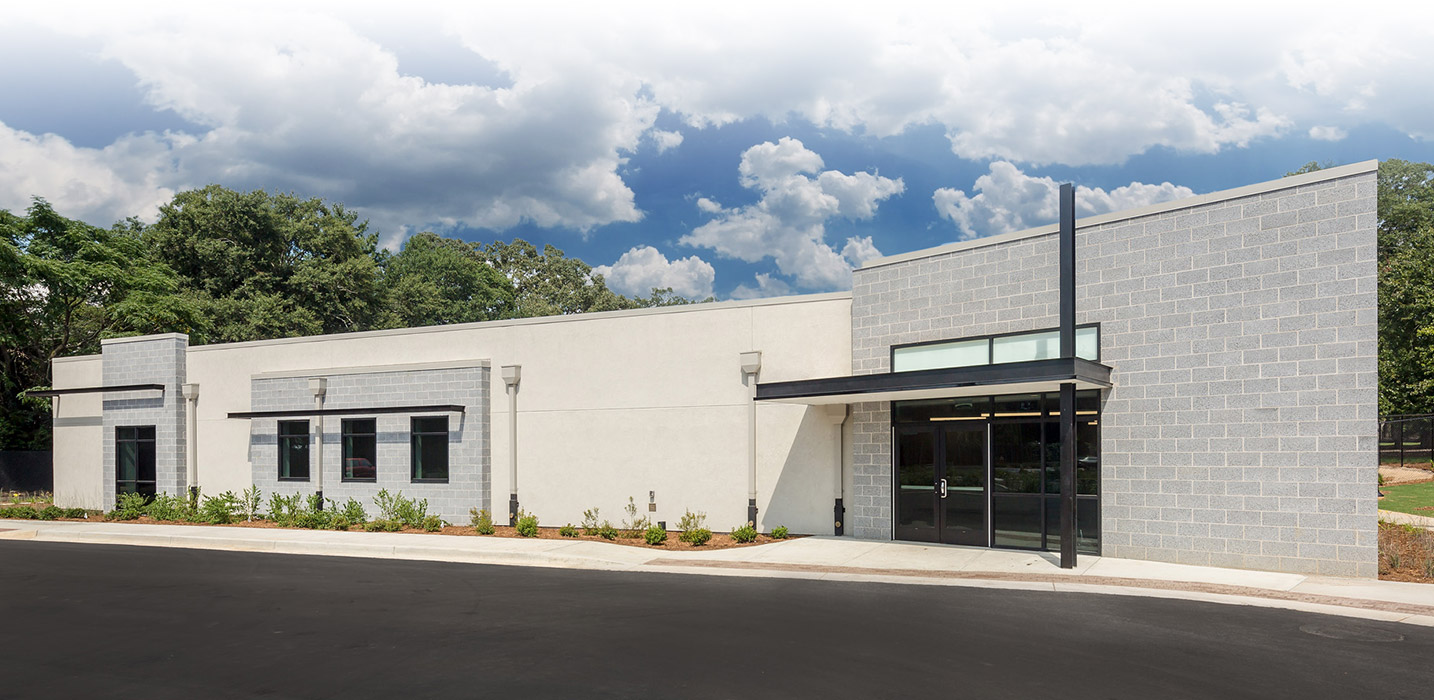 The Institute for Disaster Management at the University of Georgia College of Public Health has received $1.6 million in civil money penalty funds from the Centers for Medicare and Medicaid Services to better prepare certified long-term care facilities’ staff to respond to natural disasters and other emergencies.
The Institute for Disaster Management at the University of Georgia College of Public Health has received $1.6 million in civil money penalty funds from the Centers for Medicare and Medicaid Services to better prepare certified long-term care facilities’ staff to respond to natural disasters and other emergencies.
In the past two years, Georgia has been hit with an unprecedented number of disasters. This represents a significant risk for the growing number of older adults moving into Georgia, said Curt Harris, associate director of the Institute for Disaster Management (IDM) and lead investigator on the project.
“Georgia’s 65 and older population is expected to increase by 143 percent by the year 2030,” said Harris. “Older adults, especially those who live in long-term care facilities, are historically vulnerable to disasters. If residents require specialized medical care, caregivers need to have a plan in place to keep residents safe and healthy.”
Harris and his team are working with Georgia caregivers and administrators in long-term care facilities, like nursing homes, to equip them with the critical skills they need to develop emergency preparedness plans to protect their residents and staff in the event of more natural disasters such as Hurricane Irma and Hurricane Michael.
New federal regulations went into effect in November 2017 requiring long-term care facilities to develop plans showing how they will keep residents safe during a natural disaster and how their efforts will plug into community-level emergency response plans.
“We’re going from a hospital-only approach to the idea that we are, in fact, health care communities and coalitions, and we all need to be prepared in order to handle a disaster,” said Tawny Waltz, a research scientist with IDM and part of the training team.
Specifically, facilities need to develop an all-hazards plan, which is a new concept to most organizations, said Waltz.
“People used to write plans based on individual disasters, so they would have a fire plan, a tornado plan, a hurricane plan, and whenever they encountered something new, they might write a plan,” she said. “Well, that’s a lot of plans, and it’s not feasible to keep those up to date.”
In contrast, an all-hazards plan identifies what an organization would need to respond to any type of natural disaster, such as access to utilities, communications, food, and medical supplies, despite the type of event taking place.
Through a two-part training course, the team is guiding facilities through the development of their all-hazards plan, but the first step will be to review the basics of hazards response, what Harris describes as “emergency preparedness 101.”
The project also provides opportunities for trainees to attend professional conferences to build a network of support in the emergency response community. Harris emphasizes that collaboration is the key to keeping people safe.
The UGA team is using curriculum developed in partnership with the Centers for Medicare and Medicaid Services, the Centers for Disease Control and Prevention, the Georgia Department of Public Health, the Georgia Department of Community Health, the Georgia Health Care Association, the Office of the Assistant Secretary for Preparedness and Response, the Nursing Home Council Coordinators, and local emergency managers.

